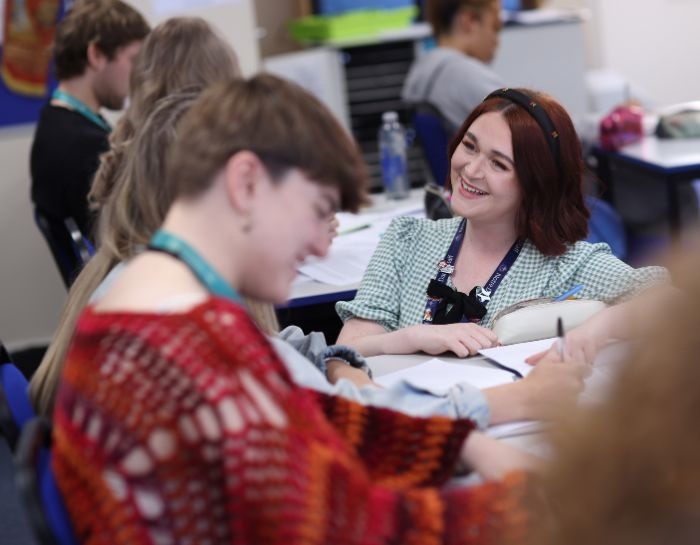
Did You Know?
The tallest three US Presidents in order are Abraham Lincoln, Lyndon B. Johnson and Donald Trump.
Key Information
Qualification
A-Level
Duration
Two Year Course
Examination Board
AQA
"Studying History has been both challenging and rewarding, setting me up perfectly for university. I also enjoy the wide range of methods used to really get the students involved." - Brian Cieslak, Cardinal Heenan Catholic High School
Key Employability Skills | ||
| Resilience | Effective Communication | Reasoning |
Qualification
A-level
Assessment
80% exam, 20% coursework
What do I need to study this course?
You will need a grade 5 in GCSE English Language and grade 5 in GCSE History, if studied.
What will I study?
Tudors (First Year): Henry VII and Henry VIII, focussing on government and foreign policy, and disputes between Catholics and Protestants.
Tudors (Second Year): Edward VI, Mary I, persecution of Protestants under Mary, Elizabeth I, the Spanish Armada, the relationship between Elizabeth and her ministers.
Cold War (First Year): emergence of the Cold War, division of Europe, Korean War, nuclear arms race, Berlin Wall, Cuban Missile Crisis.
Cold War (Second Year): Vietnam War, détente, Reagan and Gorbachev, the collapse of communism and the end of the Cold War.
Coursework: US Civil rights: key events in the Black American struggle including the role of key figures: Martin Luther King, Malcolm X, and Rosa Parks.
What next?
Many of our students move on to study a degree in History or related subjects such as International Studies, Ancient History, or Archaeology, at prestigious universities including the Oxford, Cambridge, Durham, Manchester, Sheffield, and Edinburgh. History students often go into Journalism, Business, Law, the Civil Service, as well as Academia or Teaching.

 Website By Rejuvenate Digital
Website By Rejuvenate Digital